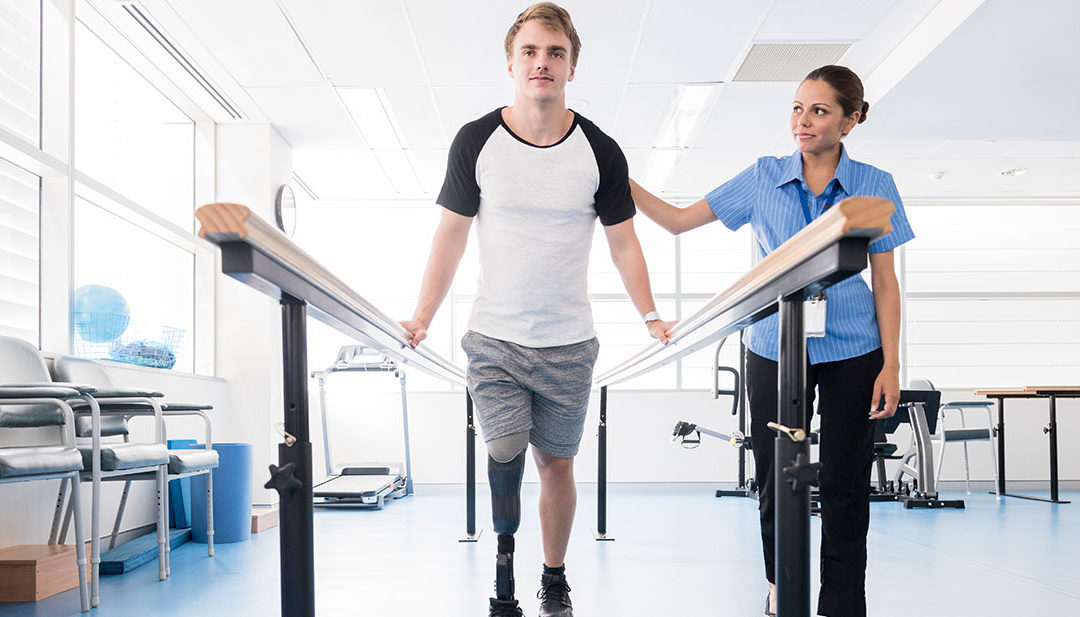Top 10 Questions You Must Ask Your Therapist
If you suffer any type of injury or disability that affects your mobility and/or stability, you will surely go to a qualified physiotherapist to help you correct these traumas in your body.
Barefoot Physio Brisbane advises that a therapist is a health science professional who will use a range of treatments to help you improve movement, gain strength, and strengthen the skills needed to perform regular daily activities.
Main considerations
Physical therapists work in private practices, hospitals, research and rehabilitation facilities, and training centers.
A doctor can refer patients who suffered some type of injury, disability, or suffer from bodily pain, whether due to a particular disease that affects mobility, a post-operative process, an adaptation treatment in sports, among others.
During a session, a physical therapist can:
- Give recommendations on physical activities
- Analyze how a patient walks or runs
- Instruct in-home physical activity programs
- Identify and focus on current or prevention problems
- Assess the flexibility, range of motion, and strength of the patient’s musculoskeletal system
However, when we first visit a physical therapist, we may consider asking a few questions before starting treatment and knowing what they have to offer you. Next, we will guide you with some of them.
1. What kinds of gadgets will you use, if at all?
In the practice of physiotherapy, the use of physical means, functional exercises, and manual techniques are very common. Therefore, the therapist will use devices only if he is sure they are necessary for each patient.
2. What kinds of injuries can be treated?
All injuries that affect the musculoskeletal nervous system are treated, including, among the most common:
- Sports injuries
- Neck Pain
- Back pain
- Pain in the extremities
- Sprains
- Spinal affections
- Hyperlordosis
- Herniated discs
- Whiplash
3. How many sessions and how often should I attend?
While this question is complex, a good professional will tell you that it depends on the type of injury you suffer. In the cases that require it, the sessions can be daily, weekly, or even fortnightly. No professional can give you an exact recovery time.
4. Who will be responsible for my follow-up?
Keep in mind that many times, specialist therapists can refer patients to other professionals for further treatment.
5. Is it normal to feel muscle aches after a session?
Yes. During a session, the muscles will be stimulated and made to work to condition or rehabilitate them.
6. If I have inflammation, should I use cold or heat?
If there is inflammation, use cold. For contractures or pain in the spine, heat will be applied.
7. Is it bad if the joints crack?
If they are accompanied by pain, it can be bad. This indicates pressure variations in those dissolved in the synovial fluid. It may indicate hypermobility or the presence of arthritis.
8. Is a physical therapist the same as a masseur?
The physiotherapist is a health professional who applies knowledge of anatomy, physiology, and medical pathology, although he can also apply therapeutic massages. A masseuse may be more geared towards relaxation.
9. What if they can’t help me?
There may be areas that are beyond the powers of physical therapists and can refer the patient to an area of lymphatic or neurological physiotherapy, for example.
10. Can I use my health insurance?
Many times patients are prevented from starting or continuing with treatments since health insurance does not cover these specialties or they do so partially.
To sum up…
It is very important to dispel any doubts before and during an interview with a qualified physical therapist to find out how he will help us and if he can do it.Check out some other important questions that we might have missed from the experts at Miracle Rehab Clinic: https://www.miraclerehabclinic.com/blog/questions-to-ask-your-physical-therapist

